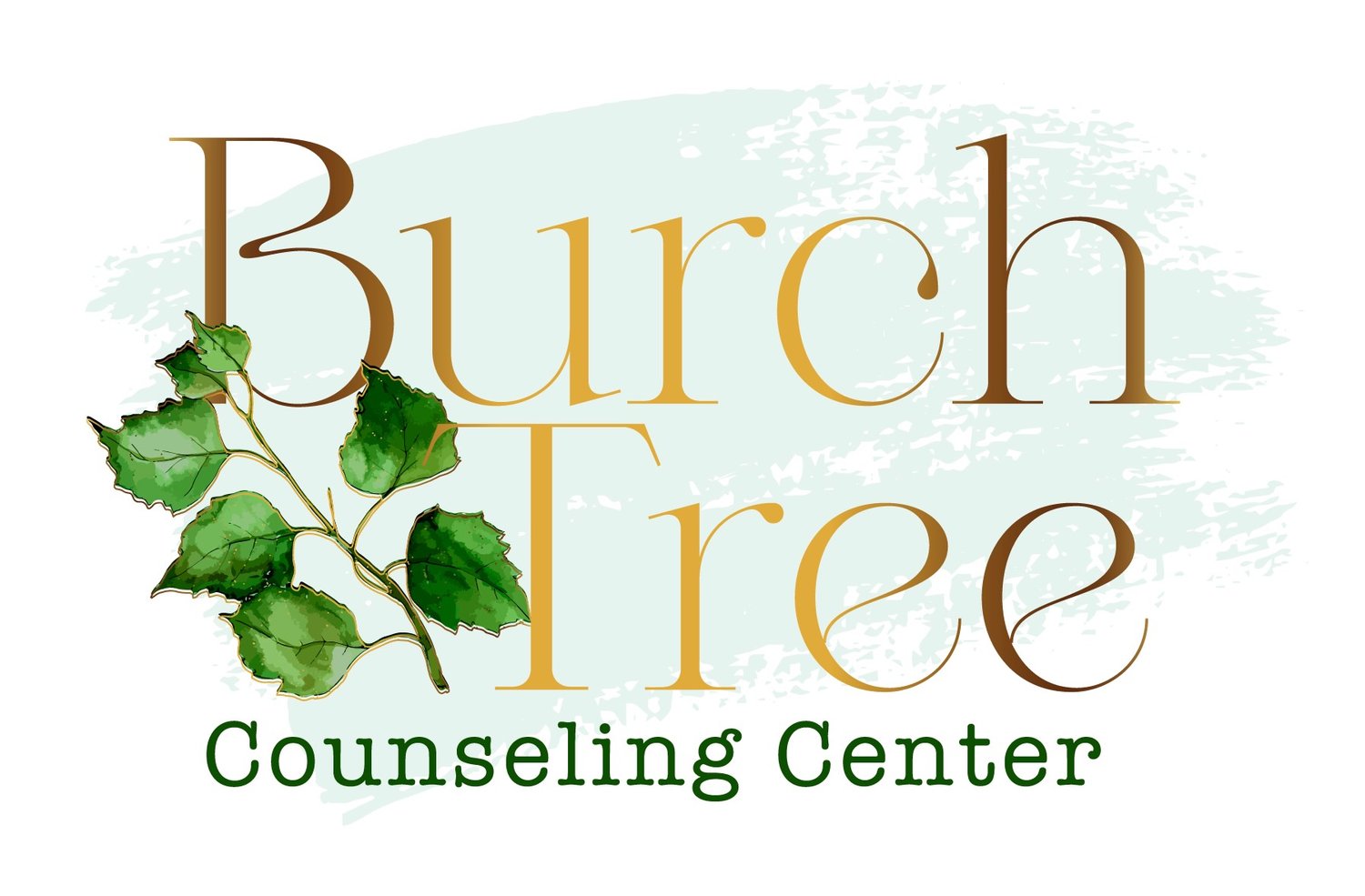3 Ways to Focus Naturally
Introduction
When I was a kid, my mom would tell me to "stop daydreaming" and make me do chores. It's only as I've gotten older that I've realized how right she was: Daydreaming isn't just something that happens when you're bored; it's actually part of the creative process. But not all daydreams are created equal—and some can be downright destructive! So here are three ways you can focus naturally so that your mind works for you instead of against you:
Using Meditation to Focus
Meditation is a great way to focus your mind, reduce stress and anxiety, and improve your overall well-being. In fact, meditation has even been shown to thicken the prefrontal cortex of your brain which, is associated with focus. While there are many different ways to meditate, they all have similar goals:
You want to quiet your mind and focus on one thing (usually breathing).
You want to avoid distractions by turning off cellphones and other devices.
You want to use meditation as a tool for relaxation or self-improvement.
The benefits of meditation are many, including: Reduced stress and anxiety, Improved focus and attention, and Reduced fatigue/Better sleep quality
Exercise to Increase your Focus
There are several ways that exercise helps with focus:
Exercising can help you sleep better, which is important for focusing. When you have trouble sleeping, it can be difficult to get enough rest and keep your mind clear.
Exercise can help improve your brain health and increase blood flow to the brain; this increases cognitive function and memory.
Working out also allows you to reset yourself psychologically by allowing frustration or anger to dissipate before moving on with your day therefore, no more ruminating on things that have already occurred.
Exercise can help improve your mood, which is also important for focusing. When you’re feeling down or depressed, it can be difficult to concentrate on tasks that require a lot of mental energy. Working out helps release endorphins in your brain, chemicals that make you feel happy and relaxed. It also releases other hormones that promote relaxation and ease stress.
Sleep to Improve Focus
Sleeping can help you focus. You may be thinking, “Sleep is for the weak” or “I don’t have time to sleep.” Well, I have some good news for you: some of the best ideas come to us in our dreams! If you want to be more focused, then start getting better sleep habits and see how much clearer your thoughts are when they come upon waking up from a good night's rest.
Here are some bonus tips to help you focus:
Focus on one thing at a time:
Don't multitask.
Prioritize your tasks and choose the most important thing to do, then work on that until it's done before moving on to the next task.
Take breaks when you need them, but avoid procrastination:
If there are things you don't want to do, don't stress about it—just do them! You'll feel better once they're out of the way and get done faster than if you were constantly putting them off or avoiding doing them altogether.
Ask for help when necessary: Sometimes we all need a little push in order to get our work done efficiently, so don't be afraid of asking for assistance when needed!
Conclusion
I hope this article has given you some new ideas on how to focus. Remember that most of us have a hard time focusing at one point or another! I like to think that anyone can learn how to focus better with practice and dedication. If your mind is always racing or you're constantly distracted by outside stimuli, then try using some of these tips or others from this list above.




